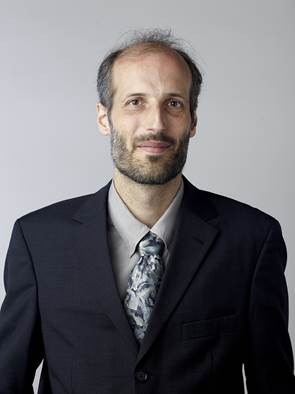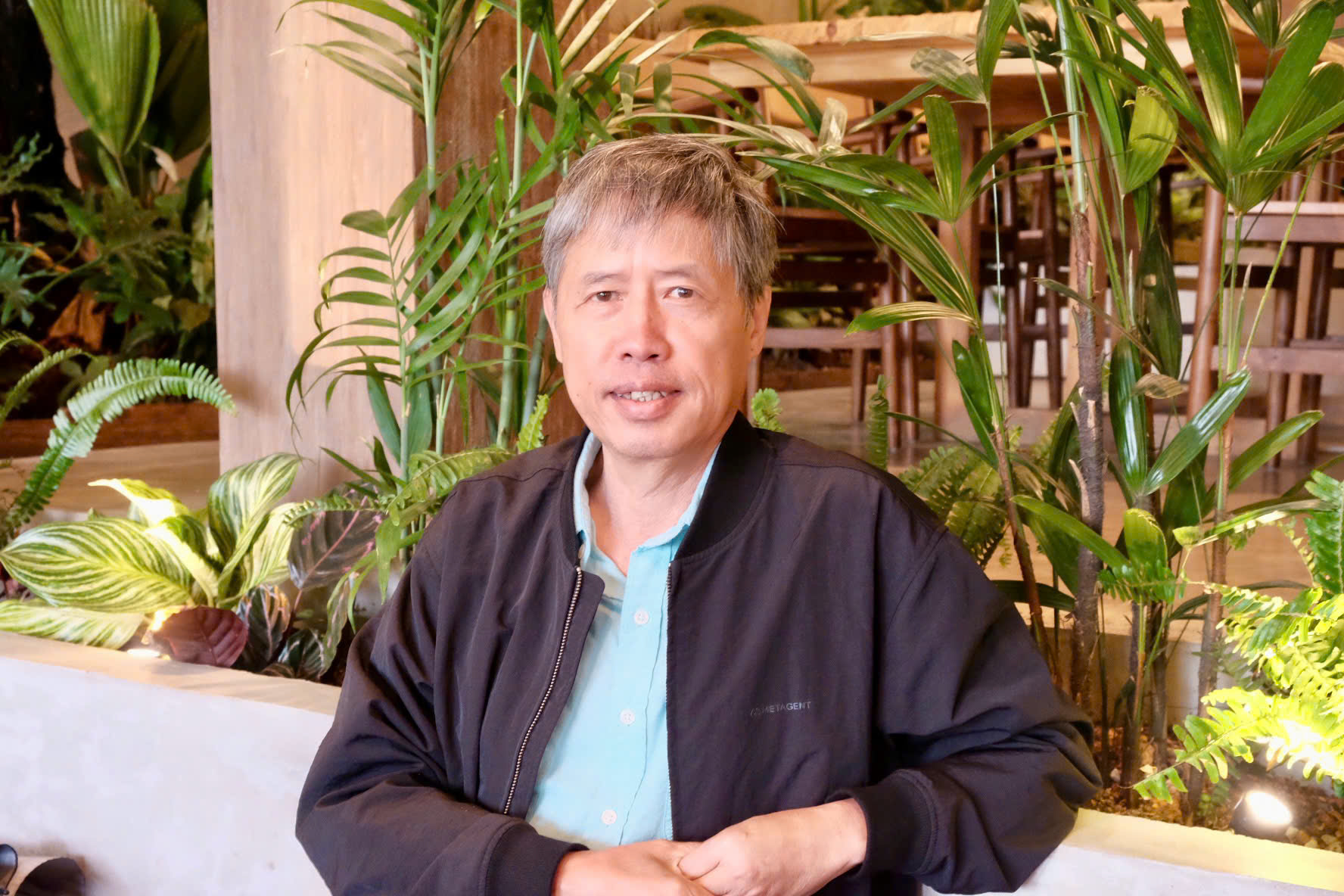1. Martin Hairer, EPFL, Switzerland and Imperial College London, UK
 |
Sir Martin Hairer is a leading Professor of Mathematics and a renowned Austrian–British mathematician known for his groundbreaking work in stochastic analysis, particularly in the area of stochastic partial differential equations (SPDEs). He obtained his B.Sc. in Mathematics (1998), M.Sc. in Physics (1998), and Ph.D. in Physics (2001) from the University of Geneva under the supervision of Jean-Pierre Eckmann. Hairer has held academic positions at the Courant Institute of NYU and the University of Warwick, and he is currently a professor at Imperial College London and the École Polytechnique Fédérale de Lausanne (EPFL). In 2014, he was awarded the Fields Medal for creating the theory of regularity structures, a revolutionary framework for analyzing highly nonlinear SPDEs. His other accolades include the Breakthrough Prize in Mathematics (2021), the Whitehead Prize, and the Fermat Prize. He is also a software developer under the brand “HairerSoft” and a fellow of several prestigious academic institutions. |
2. Phan Dương Hiệu, Institut Polytechnique de Paris, France
 |
Phan Dương Hiệu is a Professor and Head of the Cybersecurity–Cryptography team at Télécom Paris, Institut Polytechnique de Paris. He obtained his Ph.D. in Cryptography from the École Normale Supérieure. His research focuses on decentralized and privacy-preserving cryptosystems, as well as new paradigms for protecting user privacy in unconventional scenarios. He is actively involved in the cryptographic research community through the International Association for Cryptologic Research (IACR), serving on the steering committees of both IACR Asiacrypt and IACR Public-Key Cryptography. He has also been an enthusiastic contributor to the development of Master’s and Ph.D. programs that foster collaboration between Vietnam and France in the field of cryptography. https://www.di.ens.fr/~phan/ |
3. Minhyong Kim, University of Edinburgh, UK
 |
Minhyong Kim is Director and Sir Edmund Whittaker Professor of Mathematical Sciences at the International Centre for Mathematical Sciences in Edinburgh. After studying at Seoul National University and receiving his Ph.D. at Yale, he moved on to professorships at numerous institutions on three continents, including Purdue, Oxford, and the Korea Institute for Advanced Study. He works on arithmetic geometry, the study of spaces built out of finitely generated systems of numbers, employing ideas from mathematical physics, especially topological quantum field theory. Minhyong is a keen communicator of mathematics and has published 13 books in Korea for the general public. His latest project is a series of illustrated children’s books featuring a mathematician (who quickly disappears), his family (who search for him), and Schrödinger’s cat (who does both). https://www.minhyongkim.net/ |
4. Phạm Tiến Sơn, Dalat University, Vietnam
 |
Phạm Tiến Sơn is a Professor of Mathematics at Dalat University, Vietnam. He received his Ph.D. in Mathematics from the Institute of Mathematics, Vietnam Academy of Science and Technology, and his Master's and Bachelor's degrees in Mathematics from Dalat University. He has taught Mathematics at Dalat University since 1985 and served as the Director of the Department of Mathematics from 2008 to 2012. He received the Ta Quang Buu Award in 2020 and has been a member of the Scientific Council of the Vietnam Institute for Advanced Study in Mathematics from 2018 to the present. His areas of research include Singularity Theory and Semi-Algebraic Optimization. |
5. Lê Quý Thường, VNU University of Science, Hanoi, Vietnam
 |
Lê Quý Thường is currently an Associate Professor at the VNU University of Science. He obtained his Ph.D. from Pierre and Marie Curie University (University of Paris VI) in 2012. His Ph.D. thesis studied the integral identity conjecture of Kontsevich and Soibelman under the supervision of Professor François Loeser, a well-known expert on motivic integration. He was a postdoctoral researcher at the University of Paris VI, the University of Rennes I, the Max Planck Institute for Mathematics in Bonn, the Oberwolfach Research Institute for Mathematics, the Basque Center for Applied Mathematics, and KU Leuven between 2013 and 2017, and at Osaka University from 2022 to 2023. He has worked on geometric and arithmetic motivic integration, non-Archimedean geometry, and their applications to singularity theory, mathematical physics, and algebraic geometry. He received the VNU Prize for Science and Technology from Vietnam National University, Hanoi, in 2018; the Prize of the Institute of Mathematics, VAST, in 2019; and the First Prize of the Best Paper Awards from Vietnam's Ministry of Education and Training in 2023. He is also a Regular Associate of ICTP for the period 2020–2025. |
